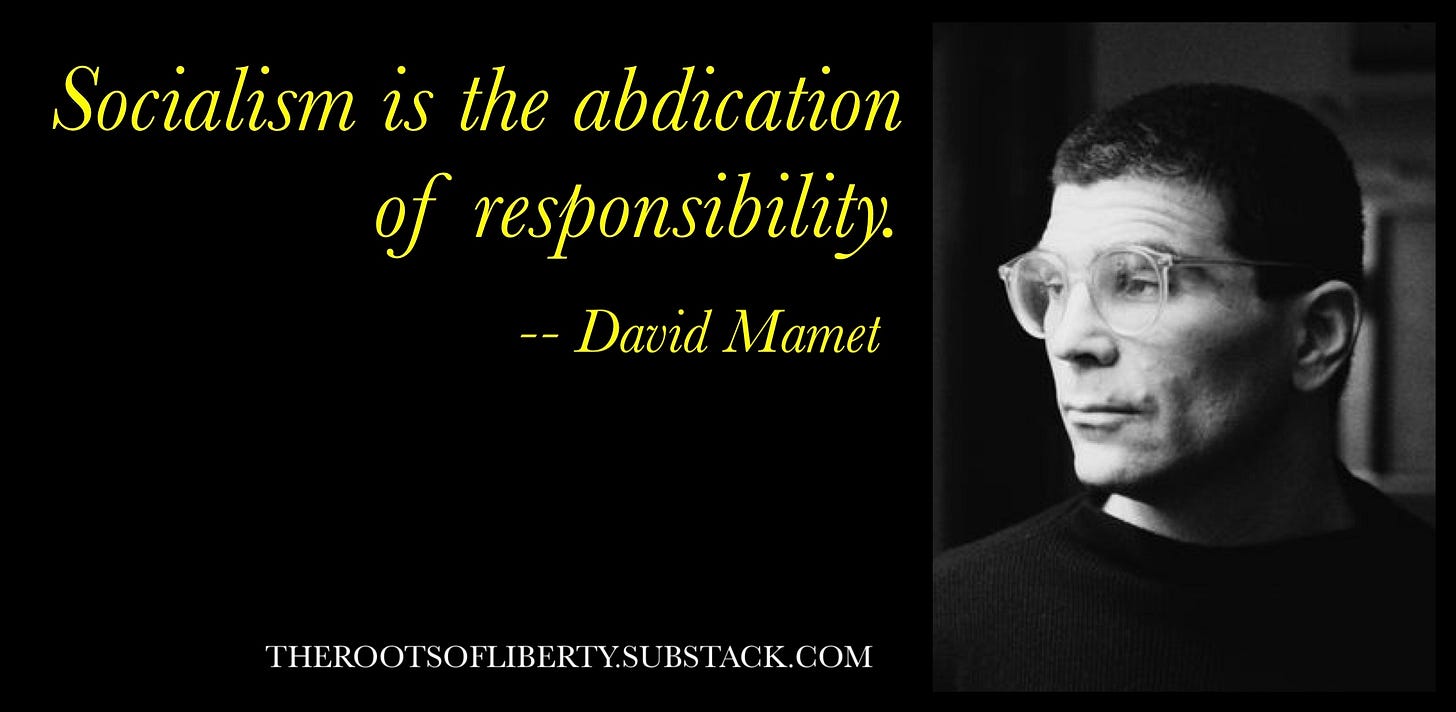Modern culture has instilled in us a wonderful propensity for shifting blame. Whether it's people who spend ten bucks every day for a Starbucks concoction and who never cook at home complaining about not earning enough money to pay their rent, or women setting ridiculous standards and then complaining that there are no dateable men out there, we are surrounded by individuals who choose not to consider that their own behaviors are the problem.
Sometimes, the deflection game gets formalized by "experts." Whether something gets dubbed a syndrome or given some other formal title, the act of naming ensures we'll get more people claiming to suffer from it.
Enter today's new (or at least new to me) malady:
Time Blindness
Defined by one site as,
a cognitive condition that causes difficulties in perceiving and managing time, often leading to challenges in punctuality and planning.
Most of us have experienced a friend or relative who's never on time. I had a friend, way back in the stone age, who was always good for 45 minutes. It was so predictable that I'd routinely lie to him about when movies would start, so that we'd get there on time. He never noticed.
I also know that some people in my circle of acquaintances have their own "allowances," and I plan accordingly. It's a reality, and like all reality, it must be dealt with.
My plaint today is not the existence of people who are chronically late. As to that, I might as well complain about the existence of rain. It's the growing deflection and explaining away of poor behaviors, and the commensurate abandonment of personal responsibility. Consider the young woman in this video who ponders whether she can find accommodation for her time blindness.
As in, "my special problem needs societal acceptance," rather than "I need to put extra effort into correcting my behavior."
Is time blindness a thing, or is it a made up malady? Doesn’t really matter. Either way, the onus is on the individual to figure it out, not the rest of us to accommodate.
Unfortunately, modern culture leans strongly toward the latter.
At the risk of sounding like a broken record, I quote David Mamet.
Teach young people that capitalism is bad and socialism is good, and they are apt to work less, take less personal responsibility, and embrace victimhood rather than self-actualization. That, of course, includes a propensity to being late.
Early is on time, on time is late, and late is unacceptable! -- Eric Jerome Dickey
To be early is to be on time, to be on time is to be late, to be late is to be forgotten. -- Elin Hildebrand
Fifteen minutes early is on time, on time is late, and late is unacceptable. -- Billy Porter
Variants on a theme that is, at least in my opinion, fundamental to success in life. It reflects motivation and the capability to manage your life.
It also, vitally, shows respect for others and tells them that you are a reliable and trustworthy person. Lateness is a declaration either that "I don't care about you," or "my time is more valuable than yours."
Both are alienating, both are apt to make the other person think less of you and be less apt to interact with you, both are a rejection of common courtesy. In a business setting, if you are the subordinate or the applicant, chronic or unexcused lateness is a huge red flag.
While I get that life can happen - you're a mile from your appointment and a five-car pileup happens right in front of you; you get a flat tire; some loon runs onto the train tracks and shuts down the subway line - I'm not talking about your best efforts and reasonable precautions getting "lifed," I'm talking about not making those best efforts. "What's a few minutes to them?" "It's no big deal." "I'm probably going to have to wait past my appointment time anyway."
All self-centered and solipsistic, and not acceptable behaviors in a well-functioning society.
Good behavior is learned from a young age. If we diagnose people with time blindness, or offer them similar externalized labeling of corrosive social behaviors, they're less apt to take responsibility for overcoming whatever behavioral deficiencies they exhibit, and instead develop a sense of entitlement a la "I've got this thing and the world needs to adjust around me."
No, it doesn't. We've all got our things, and if every one of us said "everyone else accommodate me," soon the entire clockwork will grind to a halt. It's not just about time, either. The old adage that "time is money" is not only true,
Time is more valuable than money. You can get more money, but you can’t get more time. -- Jim Rohn
I make an effort to be early to my appointments. With practice, planning, and the power of the Internet, I've gotten pretty good at landing on my "ten minutes early" sweet spot. Too early is a waste of my own time, and can sometimes make others uncomfortable. Sometimes I fail, and I offer apologies (and get stressed out and mad at myself in the process). Point is, I take responsibility for my timeliness. So can others, and that includes the "time blind."
A sense of personal responsibility is necessary for a free society to function. It derives from the corollary to personal liberty, i.e. the realization and acceptance that everyone around me is equal to me, that my liberty cannot override another's. The alternative is inequality, as in "I have more right to your time than you do." Flip the script and see how it feels.
An unequal society is a dying society.




Quite agree Peter. I was reading the other day about a woman with a daughter suffering from a multitude of DSM issues. The mother listened to therapists repeatedly tell her not to punish her daughter's worst behaviours (which included hitting her mother), insisting it was her autism and she couldn't help it. The mother finally began implementing consequences--taking away screen time, etc--and the bad behaviour stopped.
So many parents fear difficult conversations with their kids, myself include. It's hard being the disciplinary one but as they say--doing the hard stuff makes life easy... and vice versa.
Being on time in the military is (or at least was, who knows how they operate today) a "hard rule": repeat offenders were disciplined initially, and if the problem persisted, they were separated from service. We can't run wars or battles contingent on some random interpretation of "time". The same is largely true of businesses - doors can't open without staff, production lines don't move, surgeries don't commence, etc... Fortunately in our market based economy, there is an abundance of jobs and career options, some of which might even accommodate the time-blind. Let them go find THAT job!